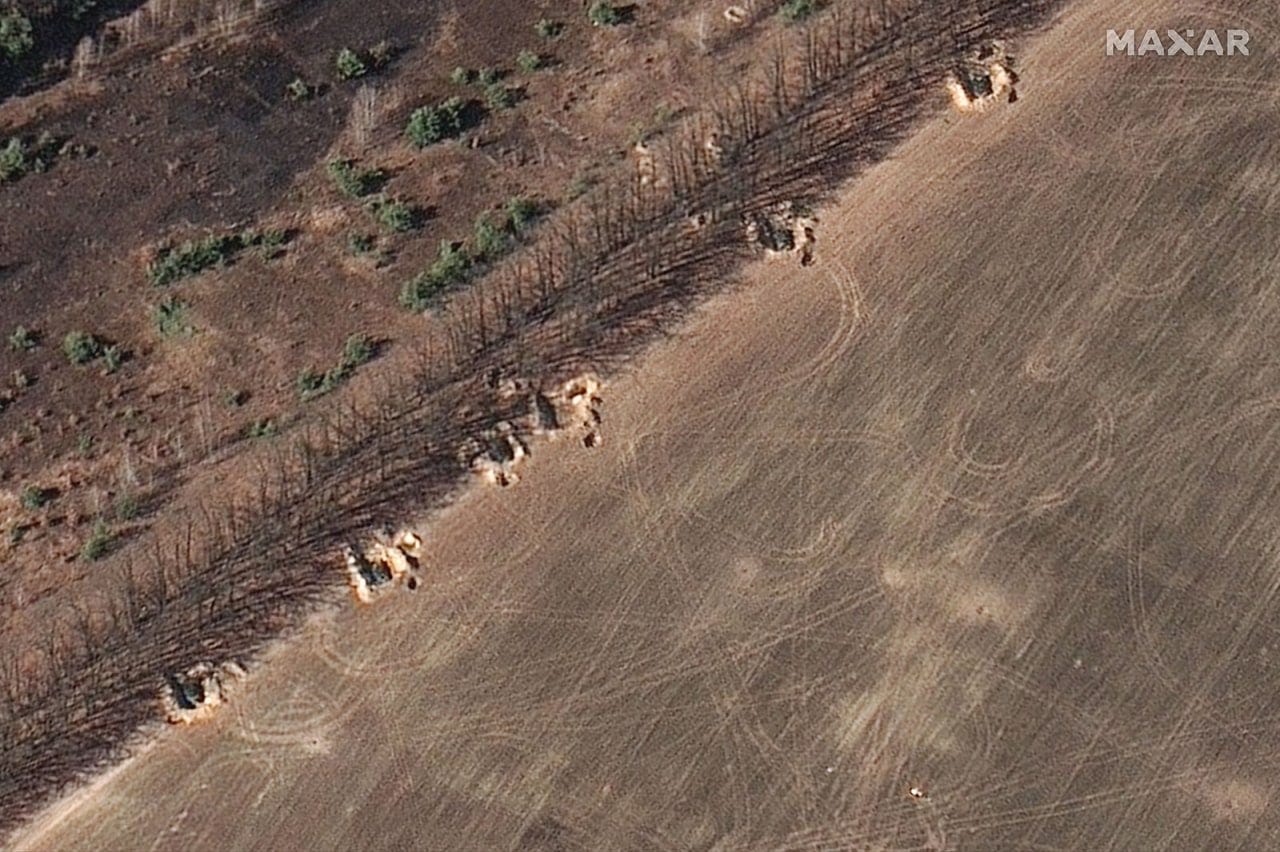Putin Digs Deep for a Potemkin Victory
Lowering expectations
Is Ukraine allowed to win?
Victory conditions are intrinsic to ending conflict. Vladimir Putin and Volodymyr Zelenskyy both need peace, but each is pursuing different conditions to that eventual end of hostilities. Call it “game theory” or choose a better buzzword if you want. War is a social event that can only end through some form of mutual agreement…



